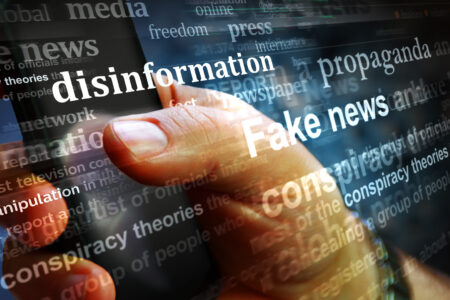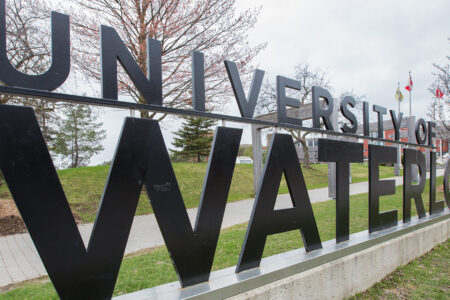
In 1972, to almost universal astonishment, Richard M. Nixon became the first American presi- dent to visit the People’s Republic of China. Twenty years later, on his last visit to China, he admitted that he would probably be remembered to his- tory for two things: Watergate and his week in Mao’s Middle Kingdom. ”œI don’t mean to be pessimistic,” he told his audience, ”œbut Watergate, that silly thing, is going to rank up there histor- ically with what I did here.”
Having established her internation- al reputation by presenting the century- long implications of the negotiations leading up to the Treaty of Versailles, Professor MacMillan has turned with equal skill and knowledge to an event that has comparable significance for the world. Arguably, Nixon’s secret decision to open relations with Mao Tse-tung led, over an admittedly bumpy road, to the end of the Cold War a generation later. It drew the People’s Republic from the self-destructive Cultural Revolution along a capitalist road. State-sponsored humiliation of diplomats who dared to buy themselves leather shoes evolved into slogans almost too crude even for American capitalists, such as: ”œTo get rich is glorious!”
In 1972, this seemed so wholly improbable that free-world media entire- ly missed the painstaking preparations that twice took Nixon’s national security adviser, Henry Kissinger, to Beijing. This was no accident. Who would expect a president who had built his political career on shameless red-baiting to ignore the barriers his own Republican Party had helped build. Having helped create and sustain the so-called China Lobby that backed the decrepit Chiang Kai-shek regime in Taiwan, who could have imag- ined that Richard Nixon would abandon the old dictator to his illusions?
And imagine any other American happily handing over his country’s top- secret intelligence on Soviet military power to a communist dictatorship ”” and promising any further news the Americans could manage to collect. Not for nothing had adversaries learned to call the president ”œTricky Dick.”
While not as wide-ranging or com- pelling as Paris 1919, MacMillan’s latest book displays all her gift of grasping human character and its contribution to the drama of history. Mao, in her version, is not quite the mass murderer of recent portrayals, but his power in the People’s Republic was limited only by his age and deteriorating health and his penchant for the young women who faithfully attend- ed him. The most impressive figure in the book was the shrewd, painstaking and utterly loyal Chou En-lai, who was ulti- mately, as MacMillan reminds us, Mao’s victim. The Supreme Leader directed him not to accept treatment for his bladder cancer, and, by the time a pretty young lab technician changed Mao’s mind, the cancer was inoperable and Chou died on agony in 1976.
MacMillan has more to tell us about Nixon and Kissinger, the two indispensa- ble architects of the 1972 visit, and about how the China Lobby, the State Department and unhappy allies in the Pacific were circumvented, ignored or even, occasionally, persuaded. Not even Nixon got much of what he wanted from the visit. As he hoped, it was a positive factor in his re-election sweep in November, 1972, but it did not exactly help him extract the US from the Vietnam War. While China opened itself to Nixon largely because relations with the Soviet Union had drifted close to war, it refused to help guide North Vietnam to an early peace, because Beijing had lost any control of Hanoi to the Russians. Similarly, what the Chinese most wanted was US help to end the Guomindang government on Taiwan and unite the island with the mainland. Not even Nixon dared encourage that hope, how- ever decrepit both Chiang Kai-shek and his American allies had become.
Like Paris 1919, the chief strength of Nixon in China is its narrative tour d’horizon under the guidance of a wise, fully-informed and charming historian. If most of us think we know what hap- pened in 1972 as well as such characters as Nixon, Kissinger, Mao, Chou and lesser lights in this scenario, we will soon find that we have more to learn. Those blinkered by the Watergate ver- sion of Richard Nixon will find a man of surprising intelligence, political courage and imagination, as well as a man of deep emotional flaws.







